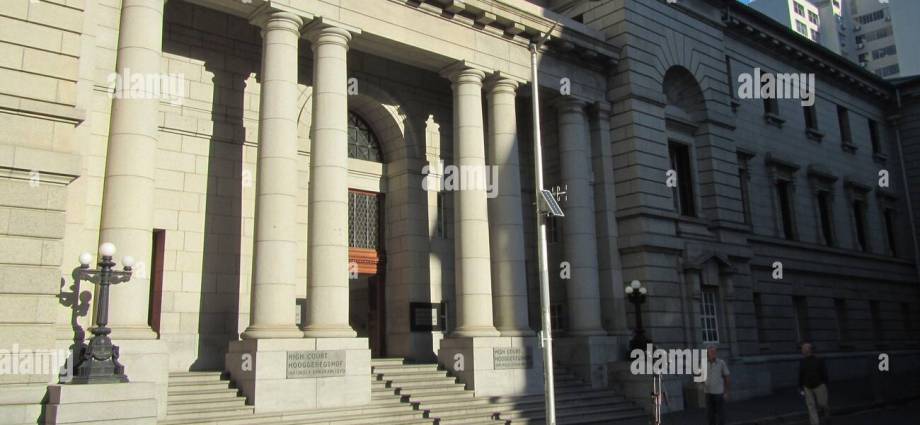Western Cape High Court Halts Proposed VAT Hike in South Africa
Court Ruling Ends Political Dispute Over Tax Increase
The Western Cape High Court has officially suspended a proposed increase in South Africa’s Value-Added Tax (VAT) rate, effectively scrapping the controversial measure. The April 27 ruling brings closure to a dispute between the two largest parties in South Africa’s Government of National Unity (GNU) regarding this revenue-raising strategy.
Finance Minister Enoch Godongwana had previously announced on April 23 that the planned 0.5 percentage point VAT increase, scheduled for implementation on May 1, would not proceed.
“The court’s decision ensures that any changes to the VAT rate must be properly approved by parliament before taking effect,” stated the Democratic Alliance (DA), which led the legal challenge against the tax hike.
The Economic Freedom Fighters (EFF) supported the DA’s court action opposing the VAT increase.
Budget Revisions and Parliamentary Process
Parliamentary Speaker Thoko Didiza confirmed that the court order enables Godongwana to resubmit budget instruments for fresh consideration. “I have asked the minister of finance to indicate when the revised budget will be tabled,” Didiza stated, noting that parliamentary committees would then review the updated proposals.
National Treasury Faces Credibility Challenge
The recent developments have placed South Africa’s National Treasury under intense scrutiny, marking its second budget reversal in two months. This represents a significant shift for the institution, which historically operated under a Parliament dominated by the African National Congress (ANC).
“This is a turning point for the National Treasury,” commented political analyst Susan Booysen. “It must demonstrate its willingness to adapt to the new political landscape.”
The Treasury now faces a R75 billion revenue shortfall following the VAT increase cancellation, with Minister Godongwana yet to specify alternative funding solutions.
Economic Implications and Market Response
While bond markets initially responded positively to the VAT reversal, with 10-year government bond yields dropping 26 basis points, economists warn of long-term concerns:
- Increased borrowing risks unsettling investors
- Spending cuts present political challenges
- Debt sustainability targets may be compromised
Jee-A van der Linde of Oxford Economics noted: “It remains unclear where Treasury will find alternative revenue sources and how sustainable those will be.”
Future Challenges for Fiscal Policy
Independent analyst Khaya Sithole warned of a “serious credibility crisis” for the National Treasury, emphasizing that frequent policy reversals undermine market confidence. The government now faces difficult choices between maintaining fiscal discipline and meeting growing expenditure demands in South Africa’s evolving political environment.
For ongoing coverage of South Africa’s economic developments, follow Moneyweb’s WhatsApp channel.
Source: Moneyweb


